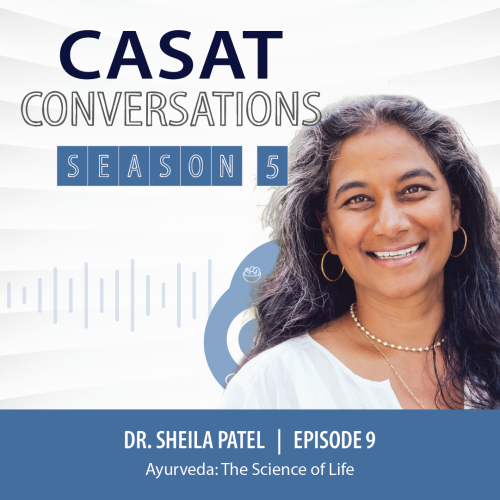Dr. Cohen Silver joins us this week to share her research findings on how people respond to large scale disasters. We discuss the role of media exposure (both news and social media) on stress and well-being, and how important it is to practice technology hygiene when it comes to media exposure. Dr. Cohen Silver also shares important things to consider on how to care for yourself when living in the midst of a disaster.
Dr. Roxane Cohen Silver
Dr. Roxane Cohen Silver is a Distinguished Professor of Psychological Science, Medicine and Public Health at UC Irvine. Her research explores how people encounter stressful events that can have a major impact on the course and direction of their lives. They or those they love may be confronted with a disabling accident, serious illness, death, or violent crime. In her work, she investigates the acute and long-term reactions to these personal traumas, as well as the impact of larger community disasters such as infectious disease outbreaks, terrorist attacks, earthquakes or firestorms, school shootings, and war. She and her team identify individual, social and societal factors that facilitate successful adjustment to stressful life events and identify myths concerning the coping process. She also explores the long-term physical, cognitive, emotional, and social effects of traumatic experiences and considers the impact of beliefs and expectations of one’s social network on the adjustment process. Her research highlights predictors of individual and community resilience, the cumulative effects of collective traumas, and the role of traditional and social media in transmitting the stress of community disasters beyond the directly impacted community.
Key Terms: Community disasters, National disasters, tragedy, COVID-19 research, resilience factors, media exposure, media consumption, doom scrolling.




